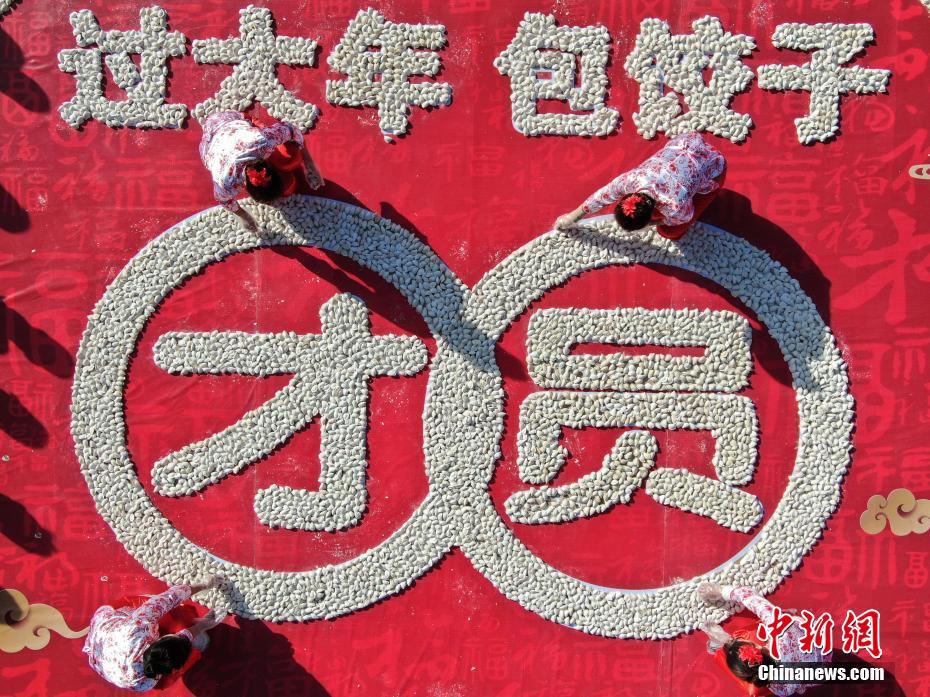A top law enforcement official wants to turn back the clock on forcefully sex videosiPhone security.
Manhattan District Attorney Cyrus Vance said Thursday that he wants Apple's encryption to go back to how it was in early 2014. Back then, police could basically extract any information they wanted after getting a warrant.
SEE ALSO: Facebook missed a big opportunity with end-to-end encryption in Messenger"Doing nothing about this problem will perpetuate an untenable arms race between private industry and law enforcement," Vance said on Thursday. "Federal legislation is our only chance to lay these arms aside."
Vance said he's got 423 "lawfully-seized Apple devices" that his employees can't do anything with. Forty-two of those devices "pertain to homicide or attempted murder cases" according to the district attorney's office, and a similar number "relate to sex crimes."
Apple believes being forced to hack into phones at the government's will is an unreasonable burden.
The argument, of course, is that the district attorney's office would have an easier time solving crimes if they had access to these phones.
Apple has been at an impasse with law enforcement over encryption before. After a series of shootings by extremists in San Bernardino, California, on Dec. 2, 2015, the FBI recovered a locked iPhone connected to a suspect. The FBI asked Apple to hack into the phone, but Apple publicly refused, and their battle went back and forth until the FBI paid hackers to do it for them.
Apple's argument against helping the FBI centers around the All Writs Act of 1789, which says courts can compel third parties to help out the government so long as that help doesn't put an burden on the company that is deemed unreasonable.
Apple believes being forced to hack into phones at the government's will is an unreasonable burden. Their fear is that this will set a precedent by which government controls development and access to their products.
The legal disagreement disappeared from headlines after the FBI found a way around Apple, but it could very well come up again in a Donald Trump administration. Trump has indicated that he's in favor of expanding surveillance, and reversing the gains of encryption would be a way to do just that.
Topics Apple iPhone
(Editor: {typename type="name"/})
 Best Apple Watch Ultra 2 deal: Save $60 at Best Buy
Best Apple Watch Ultra 2 deal: Save $60 at Best Buy
 Donald Trump has unveiled his new presidential hat to the world
Donald Trump has unveiled his new presidential hat to the world
 Homelessness survivor tweets journey from sleeping rough to writing books
Homelessness survivor tweets journey from sleeping rough to writing books
 That monster sinkhole in Japan is sinking again
That monster sinkhole in Japan is sinking again
 Did Elon Musk push former FAA leader out? Trump admin responds after deadly plane crash
Did Elon Musk push former FAA leader out? Trump admin responds after deadly plane crash
Man City vs. Real Madrid 2025 livestream: Watch Champions League for free
 TL;DR:Watch Man City vs. Real Madrid in the Champions League for free with a 30-day trial of Prime V
...[Details]
TL;DR:Watch Man City vs. Real Madrid in the Champions League for free with a 30-day trial of Prime V
...[Details]
Touching tributes pour in after plane crash claims most of soccer team
 Fans of Brazil's top football club Chapecoense are flooding the team's Facebook page with tributes a
...[Details]
Fans of Brazil's top football club Chapecoense are flooding the team's Facebook page with tributes a
...[Details]
Confused kid searches everywhere for the goggles on top of his head
 There is no better feeling than finding something lost - except when you feel dumb because it was on
...[Details]
There is no better feeling than finding something lost - except when you feel dumb because it was on
...[Details]
Google's Featured Photos come to the Mac as a screensaver
 Remember that snazzy Wallpapers app Google launched for Android phones in October? You can now get t
...[Details]
Remember that snazzy Wallpapers app Google launched for Android phones in October? You can now get t
...[Details]
They met on Tumblr, and their relationship outlasted their accounts
 Before Tumblr lost its waythrough multiple sales, banning explicit contentand losing droves of users
...[Details]
Before Tumblr lost its waythrough multiple sales, banning explicit contentand losing droves of users
...[Details]
This theme park thought skating on 5,000 dead fish would be fun and not creepy at all
 Fancy skating over more than 5,000 frozen fish? Didn't think so. A theme park in Japan has been forc
...[Details]
Fancy skating over more than 5,000 frozen fish? Didn't think so. A theme park in Japan has been forc
...[Details]
Indians went on an iPhone buying spree after government demonetized currency
 India’s push to invalidate much of its cash earlier this month has taken a toll on several bus
...[Details]
India’s push to invalidate much of its cash earlier this month has taken a toll on several bus
...[Details]
The best tech gifts for grandmothers and older relatives
 For some people of a certain age, getting the latest and greatest tech for the holidays isn’t
...[Details]
For some people of a certain age, getting the latest and greatest tech for the holidays isn’t
...[Details]
Trump who? Tech giants join massive effort to uphold Paris Agreement
 U.S. tech titans are joining an effort by more than 1,000 U.S. governors, mayors, investors, univers
...[Details]
U.S. tech titans are joining an effort by more than 1,000 U.S. governors, mayors, investors, univers
...[Details]
Justin Trudeau tempers his comments on Castro just a bit
 A day after Canadian Prime Minister Justin Trudeau broke hearts by praising Fidel Castro in the wake
...[Details]
A day after Canadian Prime Minister Justin Trudeau broke hearts by praising Fidel Castro in the wake
...[Details]
Getting Started with Gmail Keyboard Shortcuts
San Francisco's Muni transit system hacked, resulting in free rides for all

接受PR>=1、BR>=1,流量相当,内容相关类链接。